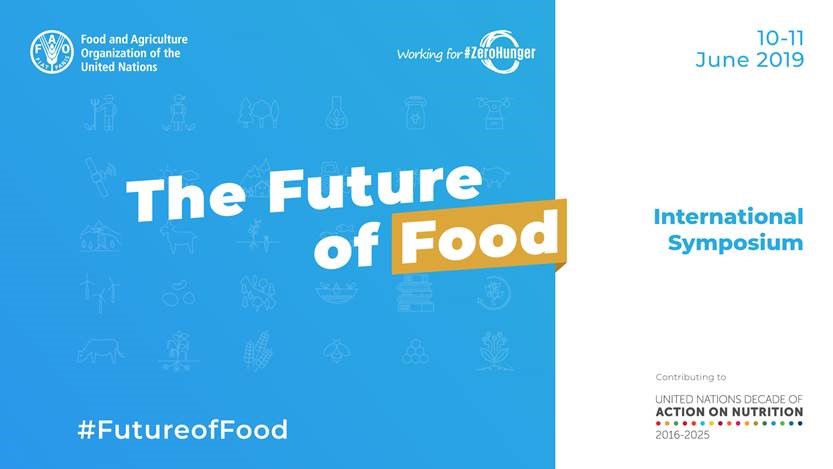Online consultation – CFS policy process on the development of the Voluntary Guidelines on Food Systems and Nutrition
Open until: 02.08.2019
The Committee on World Food Security (CFS) and the FSN Forum are pleased to invite you to take part in the online consultation CFS policy process on the development of the Voluntary Guidelines on Food Systems and Nutrition.
You are invited to share your comments on the V0 Draft of the Voluntary Guidelines. Your inputs will feed into the preparation of the first draft, which will be negotiated in spring 2020.
Further information is available online in English, French and Spanish. In preparing your contribution we kindly ask you to use the template for submissions, which is also available in English, French and Spanish.
To submit your contribution, you can upload your completed template as an attachment to your comment on the FSN Forum website or send it to FSN-moderator@fao.org.
The consultation will be open until 2 August 2019.
The e-consultation outcomes will contribute to the preparation of the First Draft of the Voluntary Guidelines, which will be negotiated in spring 2020. The final version of the Voluntary Guidelines will be then presented for consideration and endorsement by the CFS Plenary at its 47th Session in October 2020.
Through this e-consultation, CFS stakeholders are kindly invited to answer the following guiding questions using the proposed template:
- Does Chapter 1 adequately reflect the current situation of malnutrition and its related causes and impacts, particularly in line with the goals and targets of the 2030 Agenda? What are the underlying problems that currently hinder food systems to deliver healthy diets?
- What should be the guiding principles to promote sustainable food systems that improve nutrition and enable healthy diets? What are your comments about the principles outlined in Chapter 2? Are they the most appropriate for your national/regional contexts?
- In consideration of the policy areas identified in Chapter 3 and the enabling factors suggested in paragraph 41 of the Zero Draft, what policy entry points should be covered in Chapter 3, taking into account the need to foster policy coherence and address policy fragmentation?
- Can you provide specific examples of new policies, interventions, initiatives, alliances and institutional arrangements which should be considered, as well as challenges, constraints, and trade-offs relevant to the three constituent elements of food systems presented in Chapter 3? In your view, what would the “ideal” food system look like, and what targets/metrics can help guide policy-making?
- How would these Voluntary Guidelines be most useful for different stakeholders, especially at national and regional levels, once endorsed by CFS?


